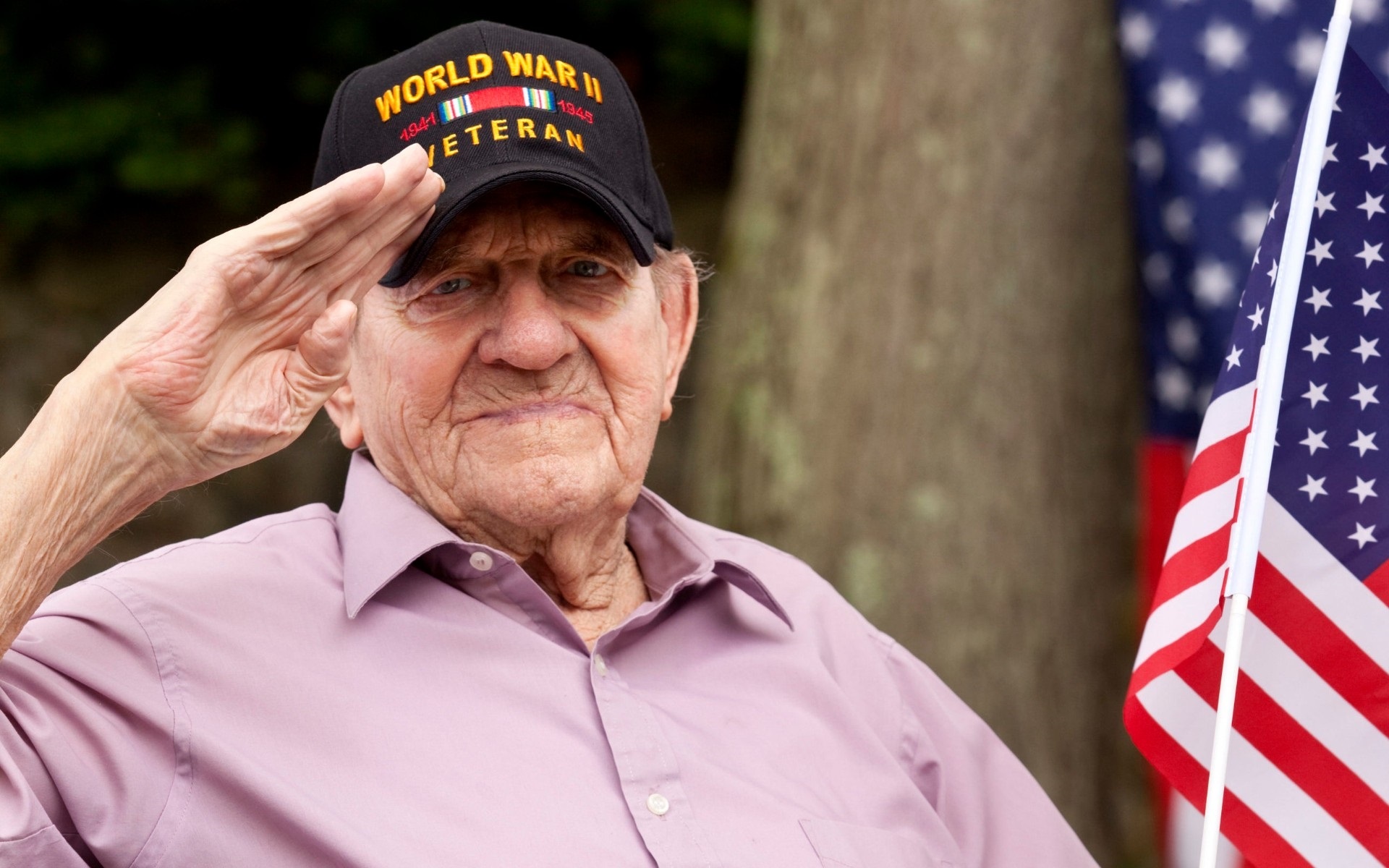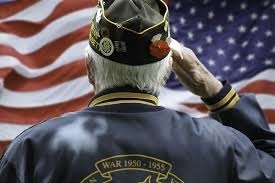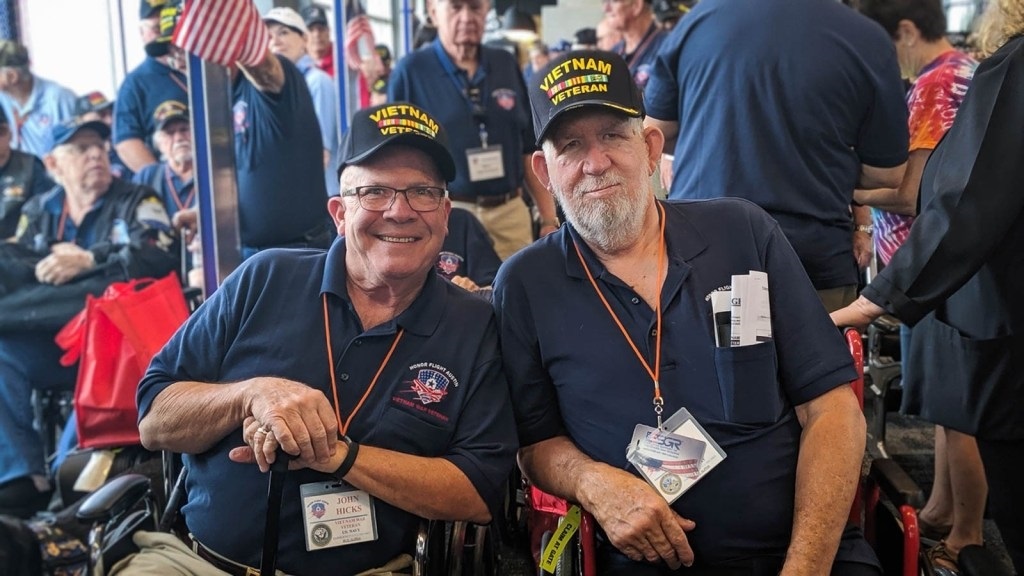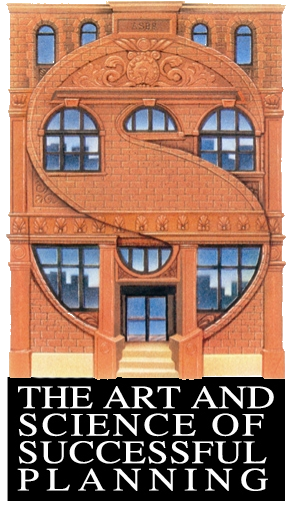Veterans Aid & Attendance

World War II

Korean Conflict

Vietnam

Persian Gulf War
Check Your Eligibility for Veterans Aid & Attendance
We specialize in providing services to Veterans in Southwest Florida, including the qualification for the Veterans Aid & Attendance benefit for wartime veterans. Read below for more information and to determine if you qualify.
How We Can Be of Service to Veterans:
- Provide all the necessary information surrounding the qualifications for the Veterans Aid & Attendance benefit.
- Work with your community, agency, or loved ones, and coordinate with Powers of Attorney, Lawyers, and other trusted advisors like your CPA; developing a course of action after proper due diligence is performed with regard to the net worth, and annual income guidance set forth by the VA.
- Make referrals, to other professionals, where necessary, for the proper legal aid, or tax advice, where the disposition of assets and the estates transition deems appropriate.
- Transfer, manage, and maintain any assets, if necessary, for health care, maintenance, and well-being of the adult veteran or spouse.
- Assist Veterans, surviving spouses, and loved ones in properly document health care requirements, military service, marital status, current income, net worth, and other requirements that may need to be evaluated for the VA benefit.
Actively participate in the completion and submission of the application for the VA Enhanced Pension with “Aid & Attendance”. - Maintain active communications with Veteran, Veteran’s spouse, or Power(s) of Attorney regarding the financial services that may be required to prudently provide for the Veteran or their surviving spouse.
Veterans Aid & Attendance
Congress through the Department of Veterans Affairs enacted an entitlement program in the early 1950’s known as The Enhanced Pension with “Veterans Aid & Attendance” Benefit. This program may, to eligible veterans and surviving spouses, offset the costs of:
- Enhanced Independent Living
- Home Health Care
- Assisted Living
- Nursing Home
This lesser-understood and known VA benefit is available to every Wartime Veteran who meets the following criteria:
- Served at least 90 consecutive days on active military duty, and received anything other than a dishonorable discharge.
- Served at least (1) one day during a wartime period. *(irrespective of local)
- Countable family income and assets below specified yearly limits.
- Obtained the age of 65 and have a minimum need for assistance with one or more (ADL’s) Aid’s to Daily Living. *(certified by a physician)
Surviving spouses are also eligible. They must have been married for at least one complete year and could not have been divorced prior to the Veteran’s death.
What is VA Pension for Veterans?
Pension is a benefit paid to wartime Veterans who have limited or no income, and who are age 65 or older, or, if under 65, who are permanently and totally disabled. Veterans who are more seriously disabled may qualify for Aid and Attendance or Housebound benefits. These are benefits that are paid in addition to the basic pension rate.
Who is eligible for Veterans Aid & Attendance?
Generally, you may be eligible if:
- you were discharged from service under conditions of anything other than dishonorable, AND
- you served at least 90 consecutive days of active military service, 1 day of which was during a wartime period. If you entered active duty after September 7, 1980, generally you must have served at least 24 months or the full period for which called or ordered to active duty (There are exceptions to this rule), AND
- your countable family income is below a yearly limit set by law (The yearly limit on income is set by Congress), AND
- you are age 65 or older, and/or, are partially, totally or permanently disabled, or meet one or more of the (ADL) Activities of Daily Living tests, none of which could have been due to your own willful misconduct.
As you can see, there are a number of criteria that may affect your eligibility to pension benefits. If you are unsure if you meet all criteria, we encourage you to meet with our team to discuss your individual circumstances, before filing an application, particularly if your countable income appears to be near the maximum. VA will determine if you are eligible and notify you. If you do not initially qualify, you may reapply if you have un-reimbursed medical expenses during the twelve month period after VA receives your claim that bring your countable income below the yearly income limit. (These are expenses you have paid for medical services or products for which you will not be reimbursed by Medicare or private medical insurance). Our staff of experienced individuals is knowledgeable regarding the development and disclosure of (UME’s) un-reimbursed medical expenses, and can guide you through multiple scenarios to meet the income eligibility test.
What is countable income for veterans pension eligibility purposes?
This includes income received by the veteran and his or her dependents, if any, from most sources. It includes earnings, rental income, disability and retirement payments, interest and dividends, and net income from farming or a business.
There is a presumption that all of a child’s income is available to or for the veteran. VA may grant an exception in hardship cases.
What about net worth?
Net worth means the net value of the assets of the veteran and his or her dependents. It includes such assets as bank accounts, stocks, bonds, mutual funds and any property other than the veteran’s residence and a reasonable lot area. There is no set limit on how much net worth a veteran and his dependents can have, but net worth cannot be deemed excessive. The decision as to whether a claimant’s net worth is excessive depends on the facts of each individual case. All net worth should be reported and VA will determine if a claimant’s assets are sufficiently large that the claimant could live off these assets for a reasonable period of time. VA’s needs-based programs are not intended to protect substantial assets or build up an estate for the benefit of heirs. The IRS life expectancy tables can be used to determine what is deemed excessive and various estate and asset transfer techniques can be used to meet eligibility requirements.
Are there any exclusions to income or deductions that may be made to reduce countable income?
Yes, there are exclusions. The following are examples of what may be excluded:
- Public assistance such as Supplemental Security Income is not considered income.
- Many other specific sources of income are not considered income, however, all income should be reported. VA will exclude any income that the law allows.
- A portion of unreimbursed medical expenses paid by the claimant after VA receives the claimant’s pension claim may be deducted. (These are expense you have paid for medical services or products for which you will not be reimbursed by Medicare or private medical insurance).
- Certain other expenses, such as a veteran’s education expenses, and in some cases, a portion of the educational expenses of a child over 18 are deductible.
- Medicare Part B deduction premium withheld from Social Security
- Private Supplemental Insurances
How Does VA calculate your pension?
Your annual pension is calculated by first totaling all your countable income. Then any deductions are subtracted from that total. The remaining countable income is deducted from the appropriate annual pension limit which is determined by the number of your dependents, if any, and whether or not you are entitled to housebound or aid and attendance benefits. This amount is then divided by 12 and rounded down to the nearest dollar. This gives you the amount of your monthly payment.
What are Veterans Aid & Attendance and Housebound benefits?
- Veteran’s Aid and Attendance (A&A) is a benefit paid in addition to monthly pension. This benefit may not be paid without eligibility to pension. A veteran may be eligible for A&A when:
- The veteran requires the aid of another person in order to perform personal functions required in everyday living, such as bathing, feeding, dressing, attending to the wants of nature, adjusting prosthetic devices, or protecting himself/herself from the hazards of his/her daily environment, OR,
- The veteran is bedridden, in that his/her disability or disabilities requires that he/she remain in bed apart from any prescribed course of convalescence or treatment, OR,
- The veteran is a patient of a Home Health Care organization, independent living community receiving a service(s), assisted living facility, or nursing home due to mental or physical incapacity, OR,
- The veteran is blind, or so nearly blind as to have corrected visual acuity of 5/200 or less, in both eyes, or concentric contraction of the visual field to 5 degrees or less.
- The veteran has a single permanent disability evaluated as 100-percent disabling AND, due to such disability, he/she is permanently and substantially confined to his/her immediate premises, OR,
- The veteran has a single permanent disability evaluated as 100-percent disabling AND, another disability, or disabilities, evaluated as 60 percent or more disabling.
- Housebound is paid in addition to monthly pension. Like A&A, Housebound benefits may not be paid without eligibility to pension. A veteran may be eligible for Housebound benefits when:
A veteran cannot receive both Aid and Attendance and Housebound benefits at the same time.
How to Apply for Veterans Aid & Attendance and Housebound:
- You may apply for Veterans Aid & Attendance or Housebound benefits by writing to the VA regional office having jurisdiction of the claim. That would be the office where you filed a claim for pension benefits. If the regional office of jurisdiction is not known, you may file the request with any VA regional office.
- You should include copies of any evidence, preferably a report from an attending physician validating the need for Veterans Aid and Attendance or Housebound type care.
- The report should be in sufficient detail to determine whether there is disease or injury producing physical or mental impairment, loss of coordination, or conditions affecting the ability to dress and undress, to feed oneself, to attend to sanitary needs, and to keep oneself ordinarily clean and presentable.
- In addition, it is necessary to determine whether the claimant is confined to the home or immediate premises.
- Whether the claim is for Aid and Attendance or Housebound, the report should indicate how well the individual gets around, where the individual goes, and what he or she is able to do during a typical day.
If I am already receiving monthly payments or a service-connected disability can I get a VA pension too?
You cannot receive a VA non-service-connected pension and service-connected compensation at the same time. However, if you apply for pension and are awarded payments, VA will pay you whichever benefit is the greater amount.

